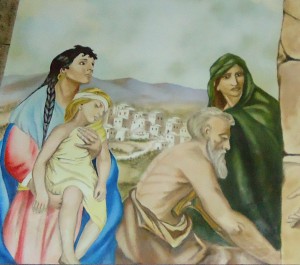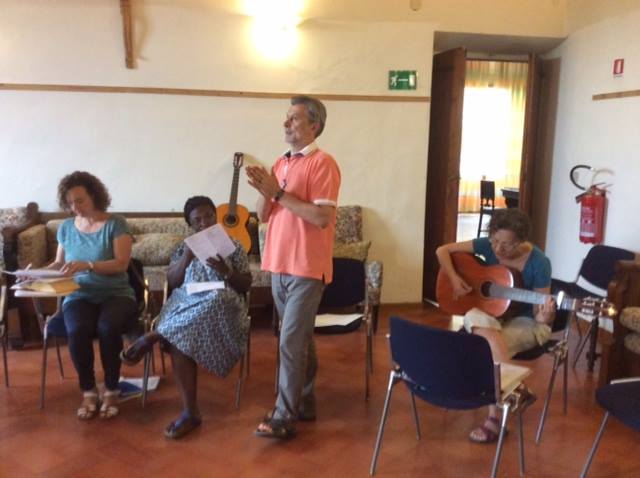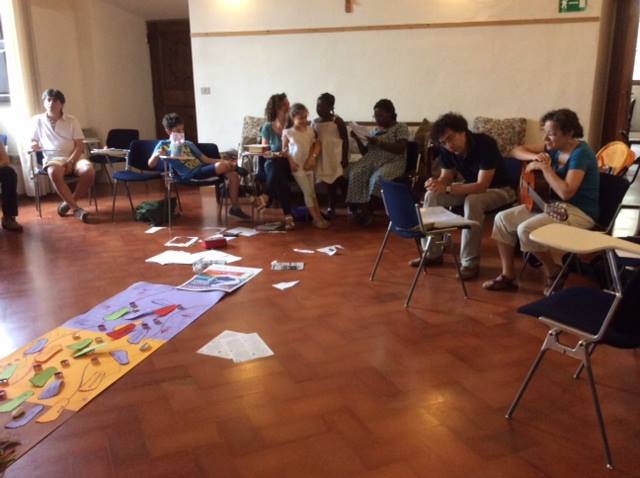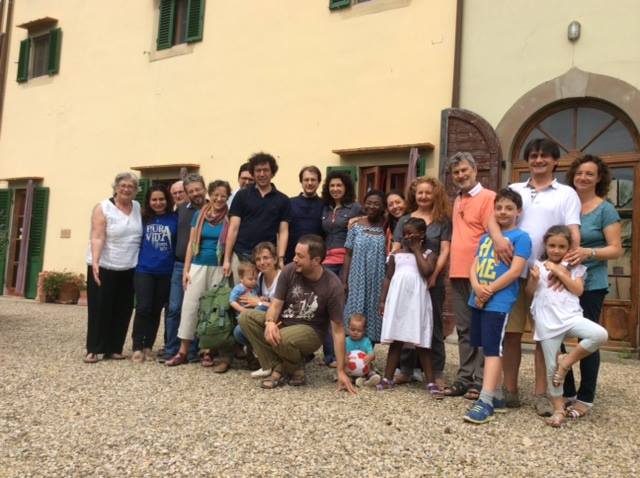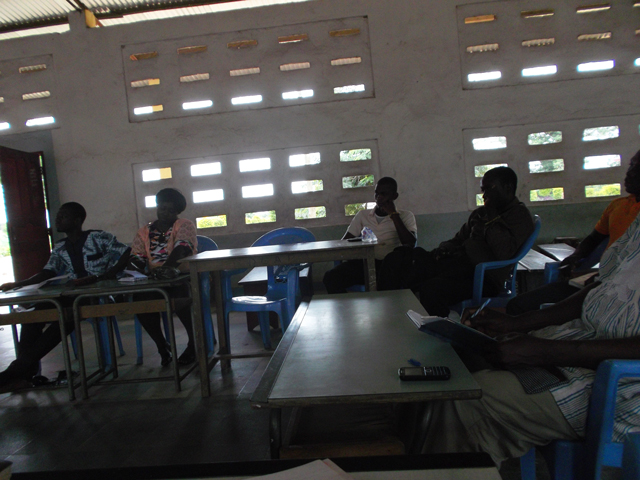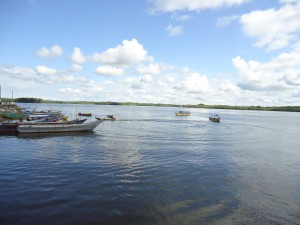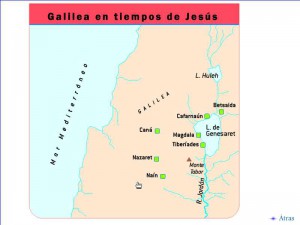A commentary on Mk 6, 1-5 (XIV Sunday O.T: July 25th 2015)
Mark shows Jesus as a travelling master, who, after some time in and out of villages and towns near to the Galilee Lake, goes back to Nazareth, where He grew up and where He was not accepted by his neighbours, because He was just one of them. Mark explains this refusal with the well-known sentence: “No prophet has ever been accepted by his own people and at home”. And he concludes saying that Jesus was astonished at their incredulity.
It seems to me that Jesus’ experience – his refusal by his own people- is quite common and on my view reflects two errors that very often we make:
 1) We imagine God as someone far away from our everyday life.
1) We imagine God as someone far away from our everyday life.
It happens all the time in history and in all religions; many people think that God has to be looked for in extraordinary events: in wonderful places, big cathedrals, special sanctuaries, in a very important person, over the clouds…. As if God would have nothing to do with what we are and do in our simple and ordinary lives. But Jesus teaches exactly the opposite; He teaches that God becomes one of us (Emmanuel): He is born as a displaced person, works as a carpenter, goes to the synagogue every Saturday, drinks, eats, and makes friends… And in all that He is and acts as the loved Son of the Father.
One way to explain this experience of God’s presence in our ordinary life is the famous sentence by Saint Theresa of Avila: “God is also among the kitchen pots”. That’s it: Do not look for God in extraordinary events but in the simple facts of your everyday life: in the working place, in the family, in friendship, in the honest fight for justice and peace… Certainly also in the simple and sincere prayer (with not so many words or gesticulation)… “Among the kitchen pots”.
2) To let a heavy heart grow in us and become cynics and hard with our neighbours
There’s a saying that goes more or less like this: “the person with les respect within a temple is the one who works in it”… That may happen to all of us with the people we live with: the members of our family or community, co-workers, parish priest… Living near them, we are in danger of seeing only their limits and defects, overlooking the many good deeds that they probably are doing. So far from taking the opportunity of our nearness to love them and understand them, we end up in a hipper-critical attitude that makes it difficult for us to discover the message that God wants to give us through tem, in spite of their limits and defects. God will not come to us in the dress of a perfect person, but in the concrete reality of people around us.
As I meditate on this text form Mark, I pray to the Lord to acquire that humility that makes us able to recognize Jesus in the humble prophet of Nazareth and in the people that live with me and are for me a sign of God’s presence in my concrete reality, with its opportunities and problems, its rights and wrongs, its successes and failures.
Lord, do not allow me to become arrogant or cynic like the people of Nazareth. Let my heart be always open to acknowledge your humble presence around me, in spite of my own limits and the limits of others.
Fr. Antonio Villarino
Rome





